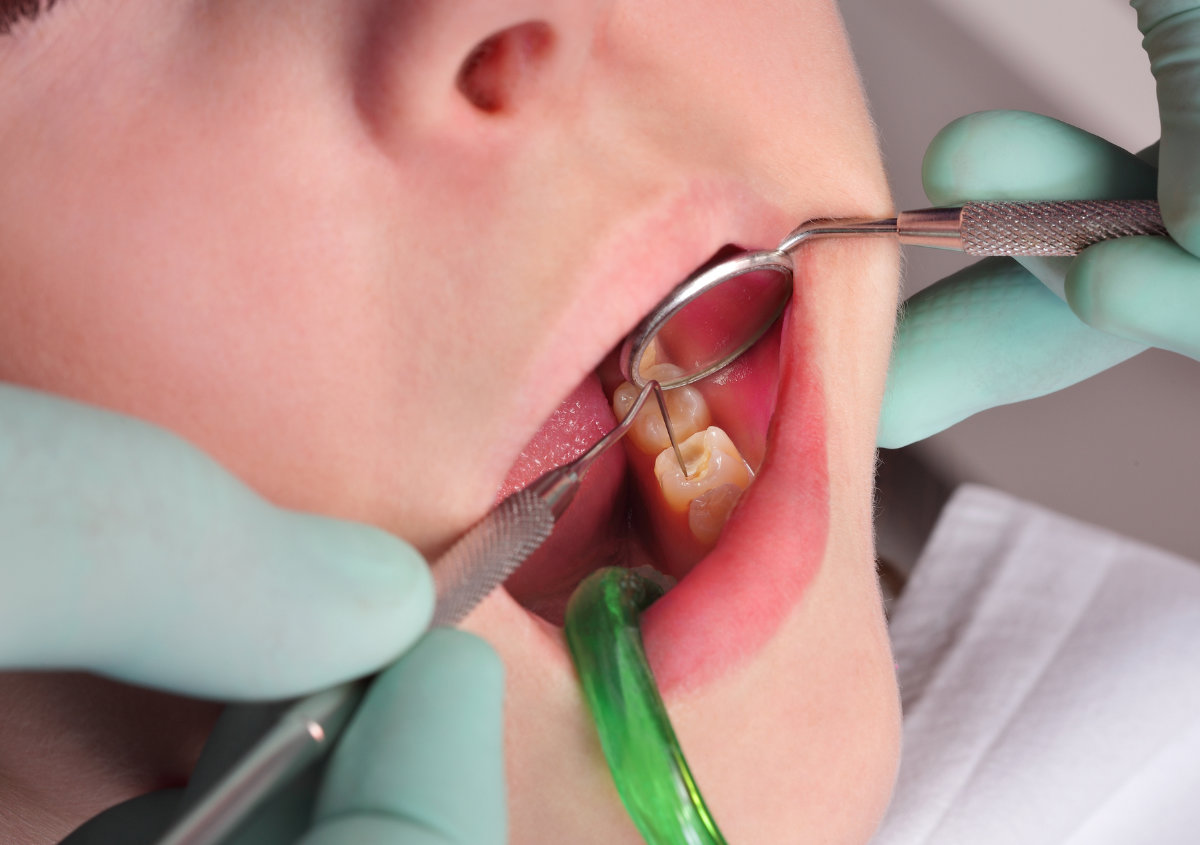
14
Feb
Why Do I Get More Cavities Than My Siblings?

Does it seem like you’ve been unfairly burdened with more cavities than your peers and even the rest of your family? The truth is, there may be some truth to this. While the best way to prevent cavities is still to adequately brush and floss, eat a healthy diet, and regularly go to the dentist, some people are disproportionately at risk of getting cavities than others.
Read on in this blog from South OC Pediatric Dentistry & Orthodontics to find out why some people get the short end of the stick when it comes to cavity prevention.
Every Mouth Is Different
There are many factors at play when it comes to developing cavities and genetics is certainly a large one. However, what if you get more cavities than your siblings? This is when it’s important to understand that everyone’s mouth is completely different and can even contain certain aggressive strains of bacteria that are more conducive to forming cavities.
So yes, you can be less lucky than a close relative. However, other factors at play include lifestyle differences. You may have a different oral hygiene routine, diet, and even a different tooth shape. If you have teeth with deep grooves, which is especially common in molars, then you are at higher risk of cavities because these teeth are more difficult to clean. They cling onto food particles and bacteria.
How Did I Get This Cavity?
There is a perfect storm of conditions needed for cavities to occur – this involves sugar, bacteria, and acid. When you don’t adequately brush or floss your teeth, you leave behind food particles. Bacteria is always lingering in the mouth, waiting for something to feed off of.
When you leave food particles behind, this bacteria feeds off of sugars and converts them into acids. This bacteria then launches acid attacks against your tooth enamel. Over time, it erodes your enamel and forms holes or cavities.
What Makes You More Prone to Cavities
Many different factors contribute to cavity risk. The biggest one is your oral hygiene routine. You need to brush your teeth twice a day with a soft-bristle toothbrush and fluoride toothpaste. Brush all the surfaces of your teeth and the top of your tongue.
Don’t forget to floss between all of your teeth, as this is ⅓ of all of the surfaces of your teeth in the mouth. Failing to do this will lead to cavities or even gum disease. It’s also crucial that you attend regular dental cleanings to remove plaque buildup which is difficult to remove yourself.
A diet high in sugar and acidity creates a perfect environment for cavities. If you have dry mouth, this also increases your risk for cavities because saliva helps wash away food particles and bacteria. You should stay hydrated or chew sugarless gum to help stimulate saliva flow.
Almost as harmful as a diet high in sugar or acidity is frequently snacking. This constantly reintroduces new bacteria into the mouth and reduces your saliva’s ability to wash it away.
This leads to continual acid attacks against your enamel throughout the day which will make you more prone to cavities than someone who eats fewer meals. Finally, as we previously discussed, genetics and differences in the structure of your teeth can increase your risk of cavities.
Oral Health Is Tied to Overall Health
Cavity prevention is important because it can lead to extensive decay, and infections, and increase your risk of gum disease. This can lead to tooth loss if it isn’t resolved in time. Tooth decay and gum disease can affect your overall health, increasing your risk of serious health complications like heart disease, stroke, and diabetes.
Contact us at South OC Pediatric Dentistry & Orthodontics to schedule a cleaning with Dr. John Delorme today and keep cavities at bay.


